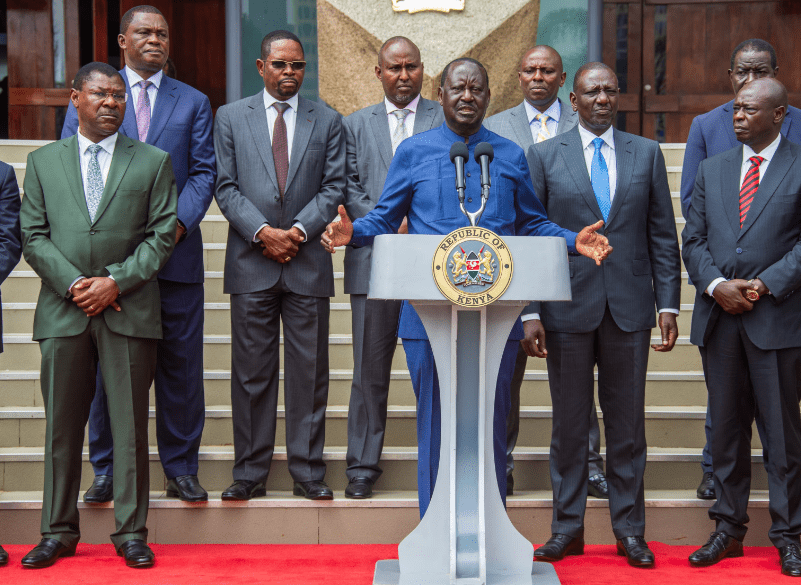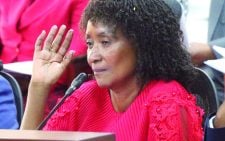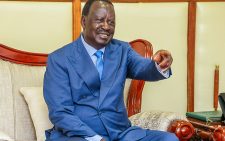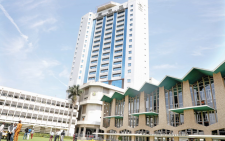Ruto, Raila come clear Constitution changes

After sharing out positions in the Cabinet to their allies, President William Ruto and Opposition chief Raila Odinga have ignited a new debate on the need to overhaul the Constitution.
After roping four close allies of Raila into his new government that he described as “a visionary partnership for the radical transformation of Kenya”, Ruto promised to propose changes to relevant laws to seal loopholes that undermine the fight against corruption.
In a bid to expedite investigations and prosecutions of corruption and economic crimes and provide for their conclusion within six months, the President has promised to initiate amendments to the Evidence Act, the Criminal Procedure Code and all statutes relating to corruption.’
Raila, too, has called for amendments to the Constitution to delete articles that have unrealistic expectations.
Although the Constitution, as an organic document, must be responsive to the present challenges and emerging issues, Kenyan politicians seem to have developed a special knack for pushing for piecemeal law changes that only suit their interests immediately after and before any General Election.
The frequent changes to the Constitution suggest that Kenyans have not found a proper, effective and acceptable framework for how they organise their State and regulate its powers, protect the rights citizens, and promote social and economic development to meet their needs and aspirations.
Kenyans chose a new Constitution in a referendum on August 4, 2010, after several years of search and negotiations, in the hope that it would solve problems of corruption, ethnic conflicts, violation of human rights, and poverty and social injustices.
Though the Constitution is progressive, Kenya has faced challenges implementing its contents in letter and spirit, with the political elite selectively choosing what suits their interests at the time.
The world over, constitutions are amended to respond to socio-economic, cultural and political challenges. In any true democratic set-up, the amendment process must include the participation of the people.
That is why we are asking President Ruto and Odinga to be clear and involve Kenyans on which sections of the Constitution they want amended and how the changes will improve our governance and support the public interest.











